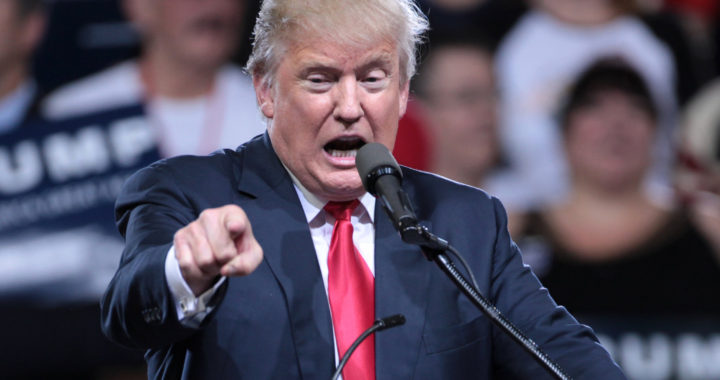Today, oil price rose nearly 2 percent, hitting a high not achieved since November 2014. While the uptick in price is partially-attributed to limited supplies, the market responded to possible news of new U.S. sanctions against Iran.
A looming deadline of May 12 rapidly approaches. At that time, if European nations fail to strike a deal with Iran about its nuclear program. U.S. President Donald Trump will refuse to extend sanctions relief for the Middle Eastern nation.
“You have the May 12 Iran and Drumpf headlines that support the market,” commented Bob Yawger, director at Mizuho.
Yesterday, Iran’s foreign minister said that President Trump’s demands to change the original 2015 agreement about the Islamic Republic’s nuclear program was unacceptable. However, Trump stands by the decision, as he sees “terrible flaws” in the current international accord.
International sanctions levied against Iran were lifted in January 2016 when the nation agreed to minimize its nuclear program. Since then, Iran returned to its former role of major oil exporter, thus flooding the market with crude and lowering the price.
“The energy complex is entering a consolidation phase as a wait-and-see approach takes hold ahead of next week’s Iranian sanctions waiver deadline,” said Stephen Brennock, an analyst at London brokerage PVM Oil Associates. “Expectations that the United States will pull out of the (Iran nuclear) deal and refrain from extending sanctions relief are keeping both crude markers near three-year peaks.”
If Trump opts to impose new sanctions against Iran, ANZ analysts say the price per barrel could reach $80 by the end of the year.
While President Trump’s effort to reduce the Iranian nuclear threat provides the United States with a strong sense of international security, it could also mean a higher year of profits for American oil and gas businesses. Sanctions against Iran would cause domestic and foreign parties to turn the United States to supply their needs. At this time, the U.S. produces the most crude oil than any other exporter, including Saudi Arabia.
“Prices reflect a premium for Iran uncertainties. Investors are worried about supplies after Iran took a tough stance in its response to the United States,” stated Wang Xiao, head of crude research with Guotai Junan Futures.
While the European Union hopes to offer a new plan for Iran’s nuclear program to President Trump, the nations are also focused on maintaining valuable Iranian business ties that might suffer should sanctions be enforced after May 12. In the meantime, American businesses in the crude oil game have much to gain from potentially losing a major competitor in the market due to potential sanctions.

